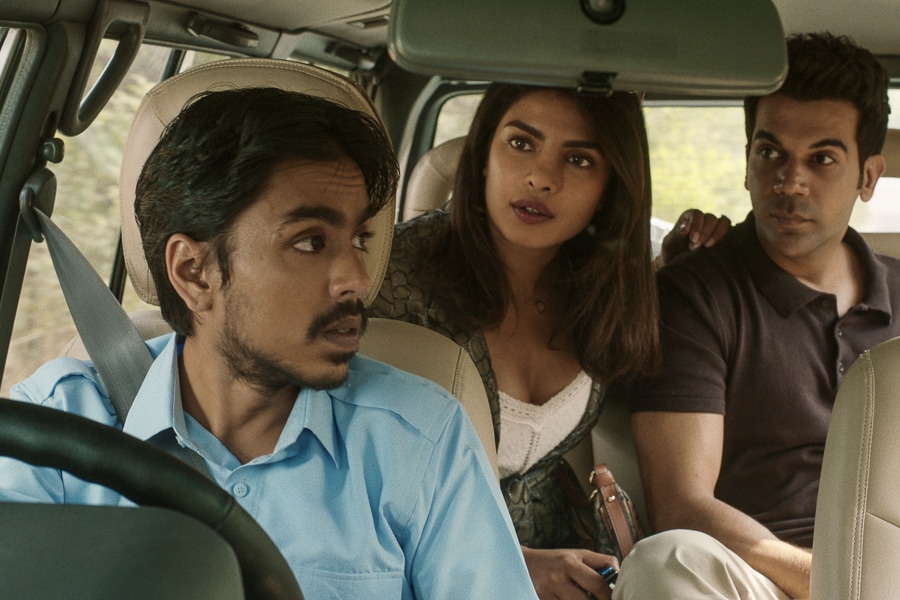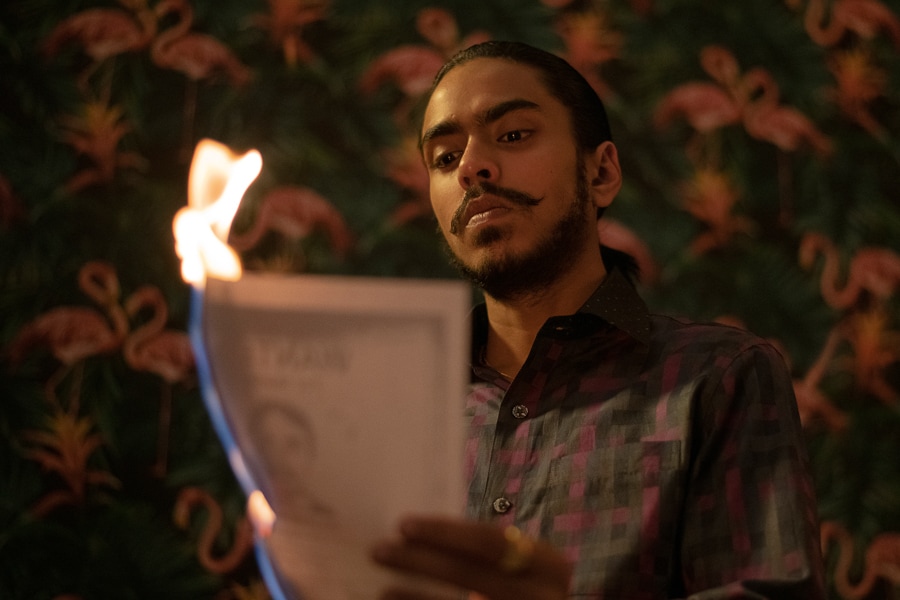
Adarsh Gourav: Meet the White Tiger of Bollywood
Following the success of The White Tiger, newcomer Adarsh Gourav finds himself in haloed territory of global award nominations
 Image Credits: Netflix
Image Credits: Netflix
More than a decade after Aravind Adiga's novel The White Tiger won the Man Booker Prize in 2008, the person featured on its dedication page, Iranian-American film director Ramin Bahrani, ended up helming its cinematic adaptation. And Bahrani had just one instruction for Tess Joseph, the film’s casting director, while scouting for actors: “Show me your best and most real actors”.
The Netflix film The White Tiger released on January 22, with a cast including Priyanka Chopra Jonas, Rajkumar Rao and Adarsh Gourav, and, according to an announcement by Chopra Jonas, became the No 1 film on the platform in 64 countries in the first four weeks, and was viewed by 27 million households.
What it has also done is catapult 26-year-old Gourav, a newcomer in the world of big cinema, into the nomination lists of some of the most prestigious global awards. He has been nominated for the Best International Actor-Cinema of the Australian Academy of Cinema and Television Arts (AACTA) Awards, is on the longlist for the Best Leading Actor category of the British Academy of Film and Television Arts (BAFTA) Awards, and is the first Indian to be nominated in the Best Male Lead category of the Film Independent Spirits Awards (late Irrfan Khan was nominated for Best Supporting Male Actor for his role in Mira Nair's The Namesake in 2007).
Gourav says it feels surreal to find his name alongside the likes of Anthony Hopkins, Tom Hanks, Gary Oldman and late Chadwick Boseman. But if you ask Joseph, he had shown potential from his very first audition. “Adarsh’s very first audition had promise. He was cheeky yet naïve; he felt like he 'belonged' to the world. He listens, he invests in instructions but also makes brave choices when asked to do a wild take,” she says. “For the film’s voiceover, he was one of the last few actors we had tested, and we were meeting many options. When I uploaded the tapes to Ramin, I left him a note saying 'watch this one. I liked him'."
***

 A still from The White Tiger, starring Priyanka Chopra Jonas, Rajkumar Rao and Adarsh Gourav
A still from The White Tiger, starring Priyanka Chopra Jonas, Rajkumar Rao and Adarsh Gourav Image Credits: Netflix
Image Credits: Netflix




